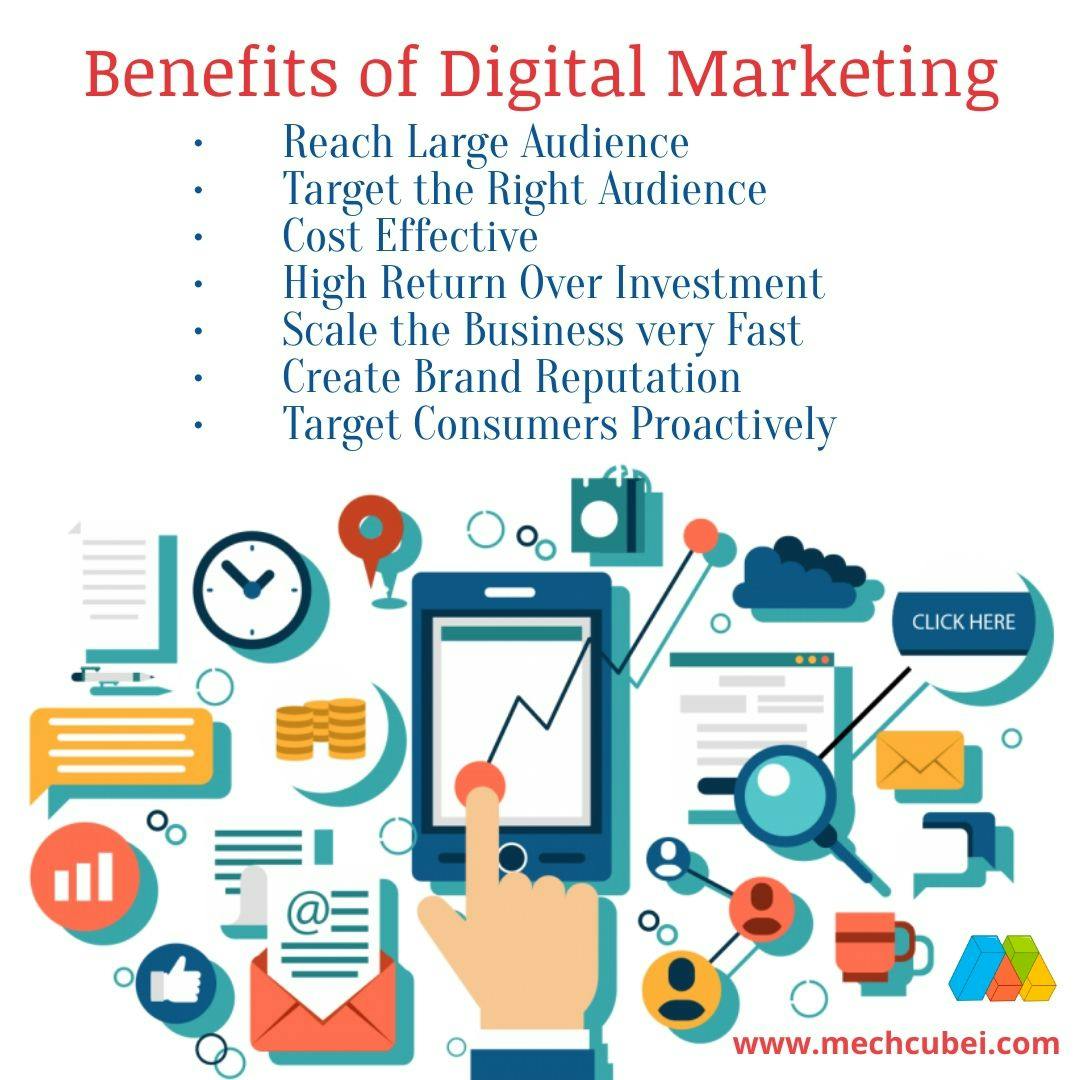Transform Your Service With Data-Driven Digital Marketing
In today's quickly progressing market, leveraging data-driven electronic advertising has ended up being important for services intending to boost their competitive edge. By using analytics to get insights into consumer actions, organizations can customize their advertising and marketing approaches for maximum impact. This strategy not only promotes much deeper engagement yet additionally enhances brand name commitment through individualized experiences. As we explore the complexities of implementing reliable data-driven strategies, it is vital to think about how these methods can basically reshape your advertising and marketing efforts and influence your lower line. What crucial elements should you prioritize to make sure success?
Comprehending Data-Driven Marketing
Data-driven marketing is increasingly recognized as a vital approach for businesses aiming to enhance their marketing performance. This methodology counts on the systematic collection, evaluation, and use of data to notify advertising techniques and choices. By leveraging numerous data resources, including consumer demographics, actions patterns, and market patterns, services can establish targeted campaigns that resonate with details audiences.
At its core, data-driven advertising and marketing involves incorporating analytics into the advertising procedure. This permits for real-time understandings into campaign efficiency, making it possible for marketing professionals to make informed modifications and maximize their methods. By recognizing consumer choices and interaction degrees, companies can craft tailored messaging that is extra likely to transform prospective clients right into faithful clients.
Additionally, data-driven advertising and marketing promotes a society of accountability within organizations. As companies embrace data-driven advertising and marketing, they position themselves to react properly to altering market dynamics and consumer assumptions.
Benefits of Data Analytics

One of the primary benefits is the capability for personalized marketing. Data analytics makes it possible for organizations to sector their audience successfully, tailoring messages and offers that reverberate with certain teams. This degree of customization not only improves engagement prices yet likewise promotes brand loyalty.
Moreover, data analytics promotes real-time decision-making. Marketing experts can check project efficiency continually, readjusting techniques based on instant responses and results. This dexterity results in maximized source allotment and improved roi.
In addition, predictive analytics encourages services to anticipate future patterns and customer demands, allowing for aggressive methods instead of responsive steps. This foresight can be a significant competitive benefit in today's dynamic market landscape.
Key Tools and Technologies

One of the essential innovations is Customer Connection Management (CRM) software, which allows services to manage customer communications and analyze information throughout the consumer lifecycle. In addition, marketing automation systems enhance repetitive jobs, promoting personalized communication and lead nurturing.

Information visualization tools, such as Tableau and Google Information Workshop, help specialists interpret complex data sets, offering understandings in a quickly absorbable layout. In addition, analytics platforms like Google Analytics provide invaluable metrics on internet site traffic and individual habits, allowing marketers to enhance their methods.
Social network analytics tools, such as Hootsuite and Sprout Social, use understandings into target market interaction and content performance throughout various platforms. Last but not least, A/B testing tools, like Optimizely, permit marketing professionals to explore different strategies, ensuring that data-driven choices are constantly refined. By leveraging these innovations, businesses can cultivate a data-centric culture, bring about much more reliable electronic advertising projects.
Implementing Reliable Methods
To successfully carry out reliable methods in digital advertising and marketing, organizations should first align their purposes with actionable insights originated from data analytics. This alignment allows companies to tailor their advertising initiatives, guaranteeing they reverberate with target market. By leveraging information from different networks, such as social media, e-mail marketing, and web site analytics, firms can determine patterns, choices, and behaviors that notify their strategy.
Next, it is crucial to focus on consumer segmentation. By categorizing their target market based upon demographics, interests, and buying actions, companies can produce tailored marketing campaigns that drive involvement and conversion. Automation devices can facilitate this process, allowing marketing professionals to supply prompt, appropriate content to certain sections.
Additionally, welcoming a dexterous advertising and marketing strategy can boost responsiveness to market adjustments and consumer responses. Frequently examining project performance and making data-driven modifications can enhance results and resource allocation.
Lastly, fostering a culture of cooperation in between marketing, sales, and data analytics groups is crucial. This multidisciplinary technique makes sure that understandings are successfully shared and integrated right into wider service techniques, ultimately driving continual development in a competitive landscape.
Determining Success and ROI
How can organizations efficiently determine success and return on investment (ROI) in digital marketing? These KPIs supply a quantitative basis for reviewing the effectiveness of electronic advertising initiatives.
Using analytics devices is crucial in this process. Platforms such as Google Analytics and social networks insights enable companies to track user habits and project performance in genuine time. By examining information, businesses can determine which approaches produce the ideal outcomes and allocate resources accordingly.
Furthermore, using ROI calculations can offer a clearer photo of monetary performance (Digital Marketing Lockhart). This consists of gauging the income created from Check This Out digital advertising efforts against the overall expenses sustained. An uncomplicated formula is (Net Revenue/ Price of Investment) x 100 to identify the ROI portion
Eventually, a comprehensive strategy that incorporates qualitative and quantitative analysis will enable organizations to evaluate their digital marketing success precisely and make notified decisions for future campaigns. This data-driven way of thinking is important for continual enhancement and lasting growth.
Verdict
In conclusion, the integration of data-driven digital advertising represents a transformative strategy for companies looking for check out this site to improve interaction and foster brand loyalty. The utilization of crucial tools and innovations further facilitates this process, guaranteeing that marketing initiatives are straightened with customer actions and assumptions.
In today's quickly evolving market, leveraging data-driven electronic advertising has become important for organizations intending to boost their competitive edge (Digital Marketing Lockhart).Data-driven advertising and marketing is progressively recognized as a vital technique for services intending to boost their advertising performance.At its core, data-driven advertising and marketing includes incorporating analytics right into the advertising procedure. As companies accept data-driven advertising and marketing, they position themselves to respond efficiently to transforming market dynamics and consumer assumptions
In final thought, the combination of data-driven electronic advertising stands for a transformative strategy for organizations looking for to boost interaction reference and foster brand name commitment.